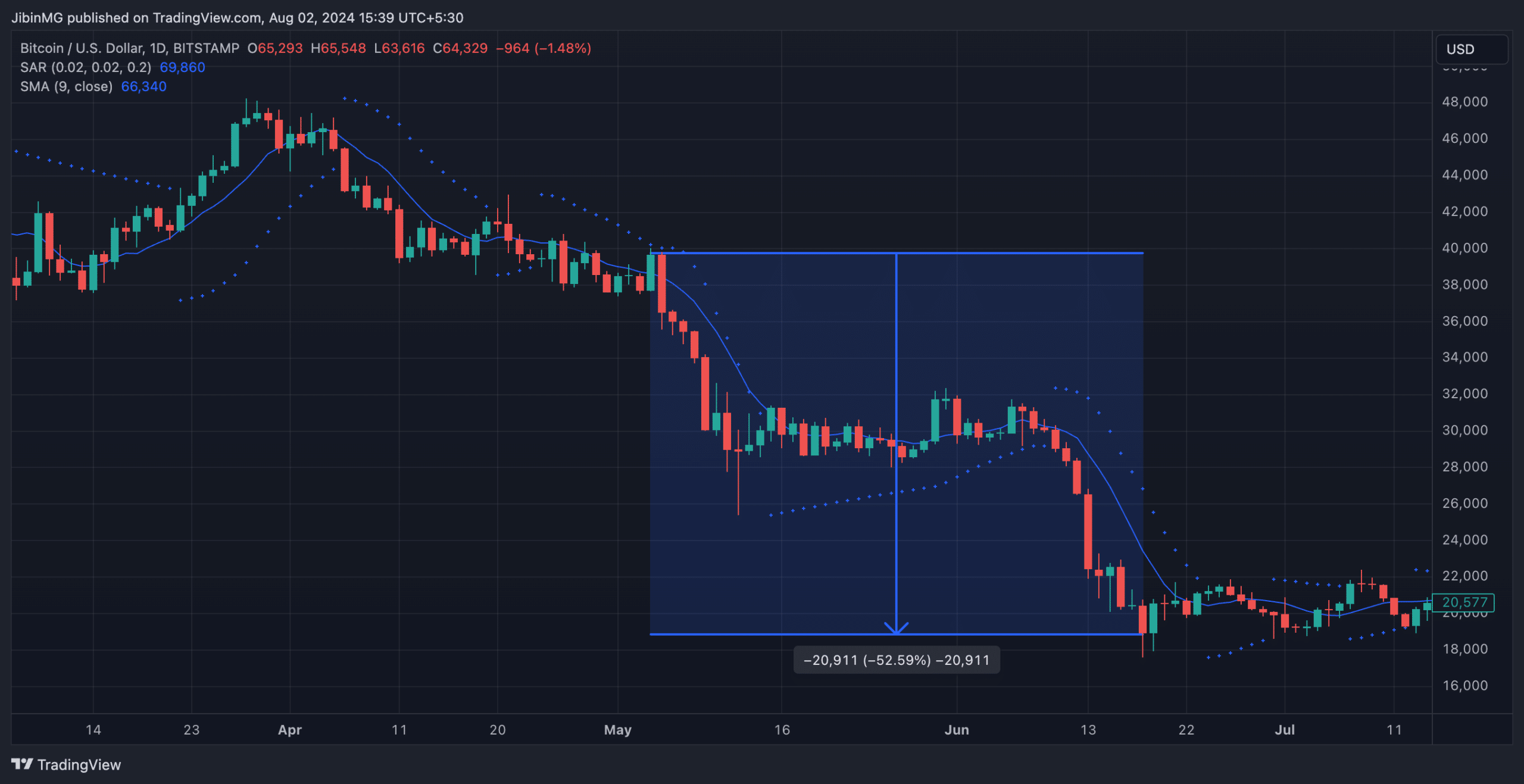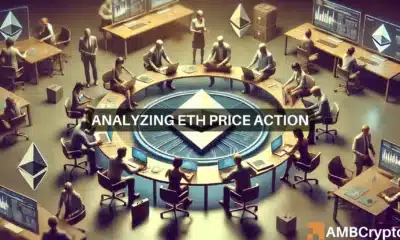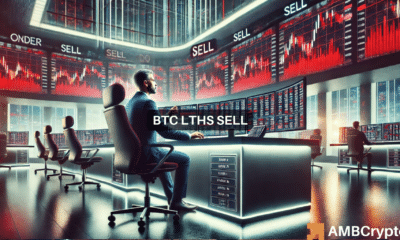Montenegro’s court rules Terra’s Do Kwon will go back to South Korea

- Both South Korea and United States filed extradition requests for Do Kwon
- Case against Do Kwon now expected to be fast-tracked
In a landmark decision, Montenegro’s Appellate Court has ruled that Terraform Labs’ founder, Do Kwon, will be extradited to South Korea. In doing so, the Appellate Court upheld the lower court’s decision, determining that it had correctly ruled on the extradition requests.
A legal tussle
This ruling concludes a prolonged legal battle characterized by a series of appeals and motions. According to analysts, the latest decision is likely the final chapter, with the extradition now expected to be fast-tracked.
While the United States had filed an extradition request as well, the court favored South Korea’s request. This, because the Asian country’s notice was received first. Article 26 of Montenegro’s Law on International Legal Assistance in Criminal Matters also seemed to favour South Korea.
What happened in 2022?
Do Kwon has been a central figure in the cryptocurrency world, primarily due to his involvement with Terraform Labs and the subsequent collapse of its digital currency, LUNA. Back in April 2024, a court in the United States found Kwon guilty of fraud, attributing significant blame to him for the financial debacle that ensued with LUNA’s downfall.
The collapse of LUNA was one of the most significant events in the cryptocurrency sector in recent years. LUNA was part of a broader ecosystem that included TerraUSD (UST), an algorithmic stablecoin designed to maintain its peg to the U.S. dollar. However, the stablecoin mechanism failed catastrophically, leading to a dramatic devaluation of LUNA.
Investors and stakeholders were left reeling as billions of dollars in market value were wiped out, highlighting the vulnerabilities and risks inherent in algorithmic stablecoins and the broader DeFi space.
Bitcoin and Ethereum, the crypto-market’s top coins, were not left unaffected either. Bitcoin, for instance, fell by over 50% in a 45-day period that corresponded with LUNA’s fall back in May 2022. This was a by-product of investors fleeing the market on the back of LUNA-precipitated uncertainty, especially on the regulatory front.

Source: BTC/USD, TradingView
The incident highlighted the need for stronger regulatory frameworks and greater scrutiny of cryptocurrency projects to protect investors and maintain market stability.
Needless to say, South Korea’s judicial authorities have been keen on bringing Kwon back to face charges in his home country. This can be seen as a sign of their commitment to addressing the fallout from the LUNA collapse and ensuring accountability. Especially since lately, the country has been trying to position itself as one of the global leaders in the crypto-space.






